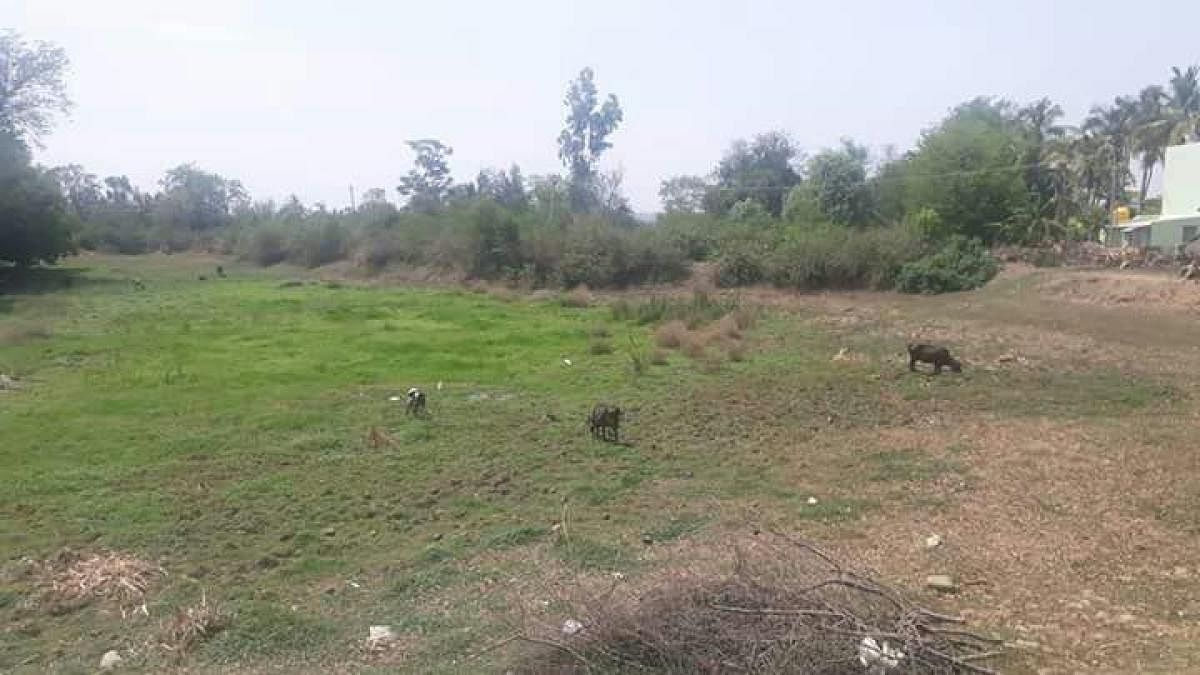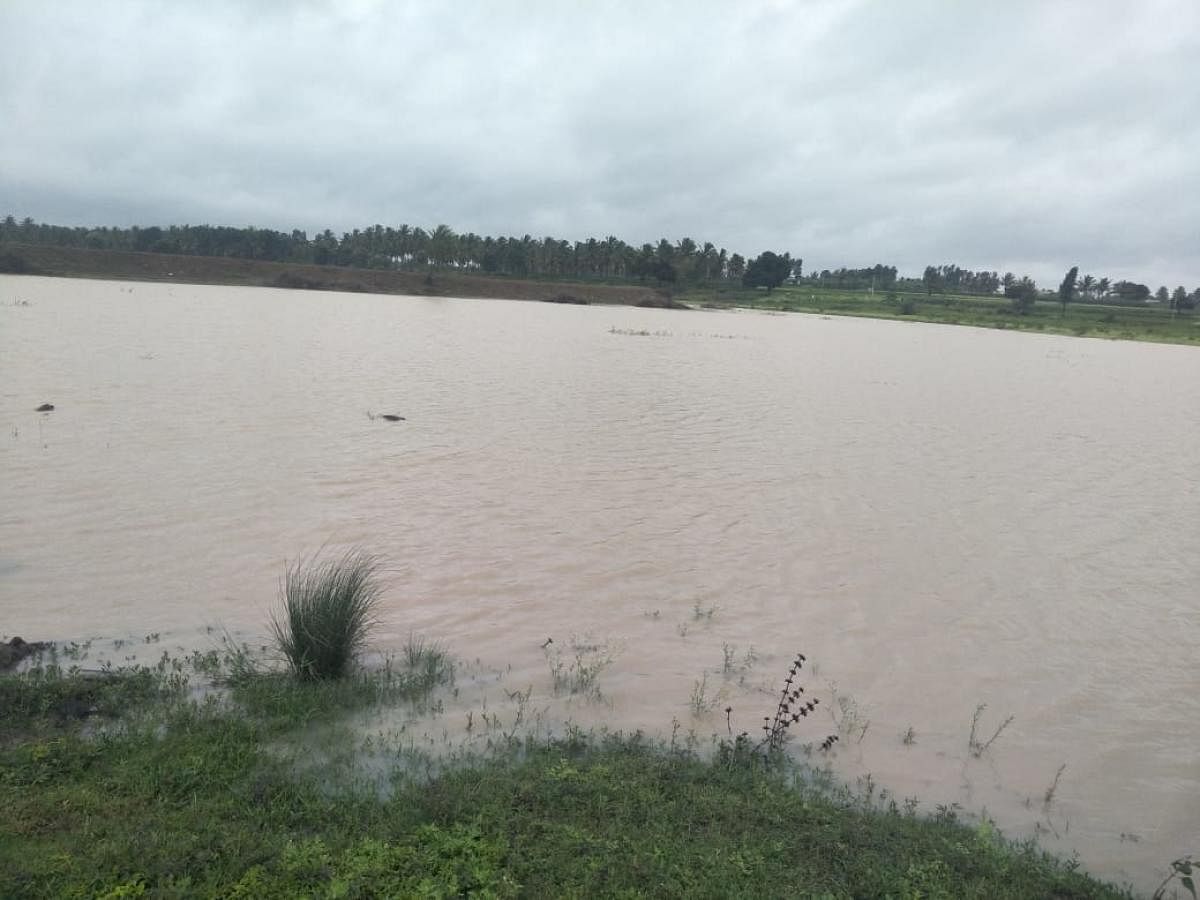

People queuing up before water tankers and parched water sources has been a familiar sight in Hassan, the land of kalyanis and lakes. Though part of the Malnad region, people still face frequent crop failures due to acute water shortage.
These distressing scenes prompted a group of 17 environmentally-conscious citizens to find a sustainable solution for the impending crisis. In 2017, they formed Hasiru Bhoomi Prathishtana, a civil society initiative, to give a fresh lease of life to lakes and kalyanis (traditional water tanks) which form the lifeline of the district. There are over 230 kalyanis in Hassan district, some of which date back to the Hoysala period. They knew rejuvenating them would address several water issues.
“Malnad region is typically characterised by heavy rainfall. So, ideally there should not be water shortage. But with Hassan reeling under drought, it was difficult to supply water through tankers. We, therefore, felt the need to revive the traditional water bodies to ensure water to villages and recharge the groundwater,” says H L Nagaraj, who as the Assistant Commissioner of Hassan in 2017, played an important role in forming the Prathishtana.
Community effort
Starting with the Doddakondagola lake, the Prathishtana has, so far, cleaned, desilted and rejuvenated 60 kalyanis and 14 lakes in and around Hassan district.
Working on the lines of Paani Foundation in Maharashtra, the Prathishtana, now comprising 27 trustees, aims to make conservation of water resources a people’s movement. Villagers are encouraged to volunteer and funds are mobilised. Village-level committees are formed to monitor the rejuvenated water body.
While the lakes are cleared of garbage and desilted using machinery, the kalyanis and small tanks are cleaned and desilted manually with the help of volunteers.
“The members of the Prathishtana held a meeting, and encouraged us to volunteer in rejuvenating the water tanks in our village. We then pooled in money and began cleaning them. In two months, two lakes and two kalyanis were revived,” says Vasu, a member of Doddakondagola gram panchayat.
According to H G Kanchanamala, member of Chikkatte lake committee, cleaning a lake is easier than bringing about a behavioural change in people.
“Chikkatte lake in Shantinagar was a dumpyard and even after cleaning it, people continued dumping garbage there. Later, we told people about proper waste disposal and put up no-dumping boards near the lake,” says Kanchanamala.
Volunteers meet every Sunday to clean the lake and today, birds visiting the lake give the volunteers more reasons to rejoice.
“We were looking for a permanent solution for the water woes and this could be achieved only through rainwater harvesting. So, we came up with the idea of desilting the water bodies. Now after reviving them, the dried borewells in the surrounding areas have sprung back to life,” said Rupa Hassan, trustee of the Prathishtana.
Fish have been introduced to maintain the health of these water bodies and generate income for the local youth.
With an aim to rejuvenate the water bodies in over 2,400 villages in the district, the Prathishtana has been holding a Jal Andolan from March 22 (World Water Day) to April 22 (Earth Day).
“We along with panchayat development officers are conducting training programmes and awareness campaigns on proper methods of water conservation. We are also encouraging people and institutions to harvest rainwater,” says Venkatesh Murthy, another trustee.
Lake festival
Murthy says that the Prathishtana continuously monitors the rejuvenated water bodies so that they do not fall into disuse again.
They hold Kere Habba (lake festival) regularly to highlight the success stories and to develop a bonding between people and water bodies.
Apart from reviving water bodies, the organisation has planted 25,000 trees along the tank bunds, parks and in other public places. They are also planning a tree plantation drive from April 22 to June 5 (World Environment Day) this year.